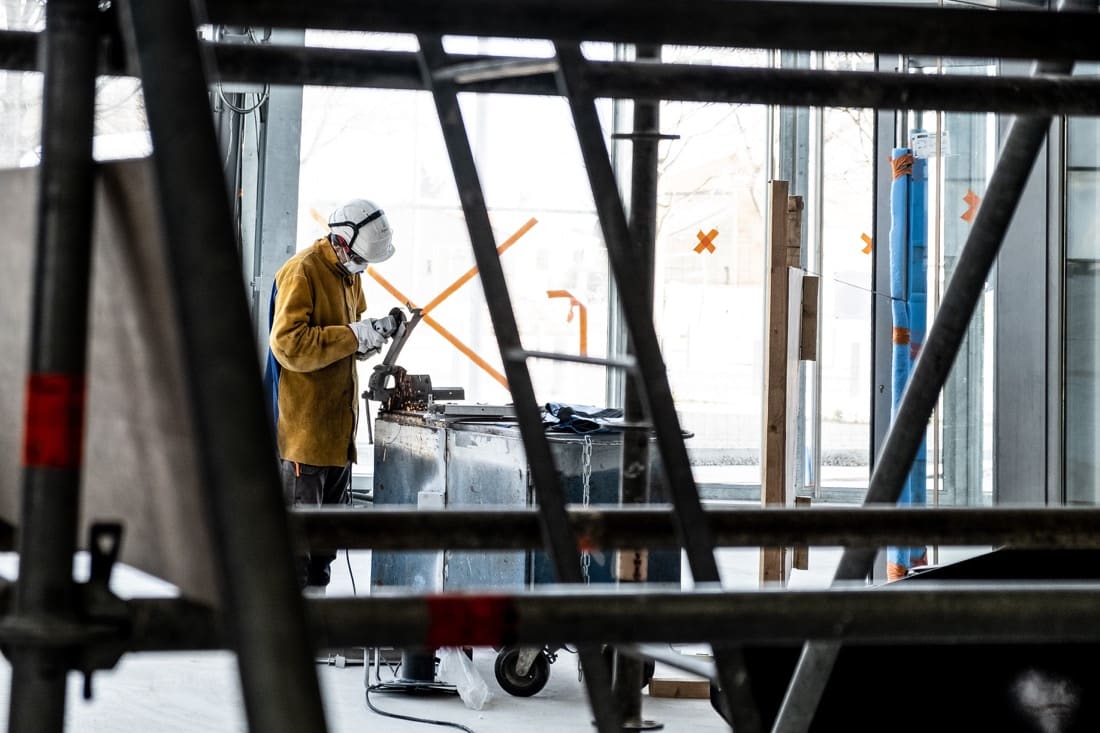
If you’ve been injured in a workplace accident in Minnesota, you’re probably already experiencing the unfortunate effects.
Do you have a pre-existing injury and being denied your workers compensation benefits?
Read on to understand how a MN workers’ compensation attorney will be able to help you with your case.
Beyond the physical pain, there are financial consequences of being unable to work and earn an income to support your household.
Plus, you will also incur medical bills for treatment, including costs related to surgery, physical therapy, pain medications, and others.
When you suffer injuries that make you unable to work in your chosen occupation, you may need to learn new skills.
For medical conditions that render you permanently disabled, you may never be able to work again.
Fortunately, Minnesota’s workers’ compensation laws provide you with rights as the victim of a workplace accident.
However, the process of filing a workers’ comp claim can be daunting, especially when your employer’s insurance company denies payment on the grounds that you suffer from a pre-existing injury.
As such, you may believe you’re not eligible to receive Minnesota workers’ comp benefits, but the system does cover work injuries that aggravate a nonwork-related medical condition.
A Minnesota workers’ compensation attorney can explain the legal issues and assist with the claims process.
You can also read on for some important information regarding your rights.
We’ll take care of everything else.
Submit the short form below to setup a consultation.
Why Pre-Existing Injuries Matter in a Minnesota Workers’ Comp Claim
There are two key requirements you must meet to be eligible for workers’ comp:
- You must be a covered employee, as opposed to an independent contractor; and,
- Your injuries must be the result of a work-related accident, or some other workplace conditions in the case of an occupational disease.
When you have a pre-existing injury, workers’ compensation rules can be complicated because of factor #2.
The line between on-the-job and non-work injuries can be blurry.
It’s common for workers’ comp insurers to deny benefits based upon any reason they can find, and a pre-existing medical condition offers a way out of their legal obligation to pay your claim.
Even when there’s scant evidence that you suffered from a condition that was exacerbated by a workplace accident, the insurer will claim that you weren’t hurt in the course of your normal job duties.
As it relates to workers’ comp, a pre-existing condition is subject to a legal standard by law in Minnesota.
You’re still eligible under the legal system if the work-related accident was a “substantial contributing factor” to your current medical condition.
This means you can still qualify to recover monetary benefits, such as:
- Your medical bills, covering your current treatment and costs you incur in the future for care;
- Wage replacement for lost income while you’re out of work; and,
- Vocational training, if your medical condition – including a pre-existing injury – makes it impossible for you to work in your current position.
Your Workers’ Comp Claim and the IME
When an insurance company is processing your claim, it may request that you participate in an independent medical exam (IME).
However, even though you’re seeing a doctor, the purpose is not the treatment of your injuries.
Plus, the exam is typically anything BUT independent.
The physicians who conduct these exams are paid by the insurer, so their goal is to please the entity that’s paying them.
he IME is an opportunity for the insurance company to discover enough information about your pre-existing condition to justify a denial.
Still, an IME is common for other reasons and it’s critical for you to keep the appointment.
Failure to participate alone could be grounds for the insurer to reject your claim.
The point of the IME is to determine the nature of a pre-existing injury, and report on whether it’s an aggravation or not related to work.
What to Do If You’re Denied Workers’ Comp Benefits for a Pre-Existing Injury
As part of their denial of your claim, your employer’s workers’ compensation or work accident insurer will issue a Notice of Primary Liability stating your pre-existing condition as the reason.
At this point, your situation becomes highly complicated because you’ll need to ask the State of Minnesota Department of Labor and Industry to reconsider liability.
Instead of trying to represent yourself in connection with the proceedings, your first order of business should be consulting with a Minnesota workers’ compensation lawyer that has experience in pre-existing conditions.
Your attorney will:
- Assist in gathering medical records that include details on any pre-existing condition;
- File the appropriate forms for officials to reconsider your claim;
- Represent you in connection with any hearings regarding your rights under workers’ compensation laws; and,
- Take the next steps as necessary to protect your interests.
Contact a Minnesota Workers’ Compensation Lawyer to Discuss Your Claim
If you’ve been denied workers’ comp benefits or are required to participate in an IME, please contact the St. Paul, MN Workers’ Compensation Law Offices of Arechigo & Stokka, P.A.
You can call 651-222-6603 or check us out online to set up a no-cost case evaluation.
We’re happy to answer your questions about workers’ comp and pre-existing conditions and provide assistance with the claims process.



